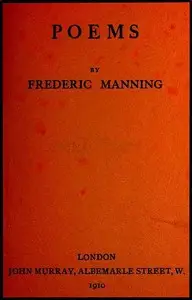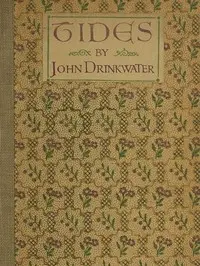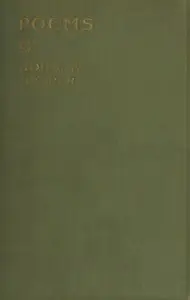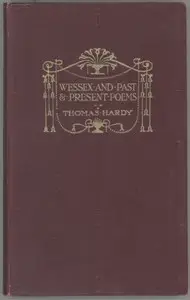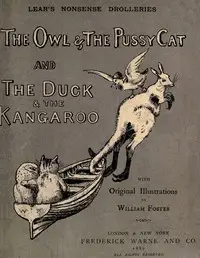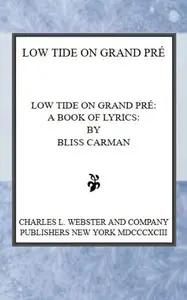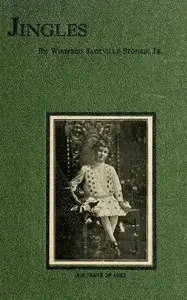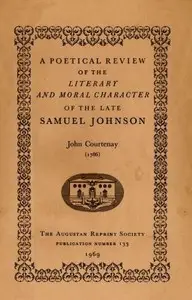"Gloucester Moors and Other Poems" by William Vaughn Moody is a collection of verse filled with deep thoughts about nature, what it means to be human, and dealing with feelings. Moody’s work blends strong images with questions about life. Readers can expect poems that look at a range of feelings and moments showing the simple beauty of nature and the hard parts of being in relation to others. Poems, such as "Gloucester Moors", paint a picture of a time and place while others like "On a Soldier Fallen in the Philippines" ponder what it means to give one’s life and national pride. The poems have a musical quality and emotional intensity, making the collection meaningful for those wanting to think about important ideas through poetry.
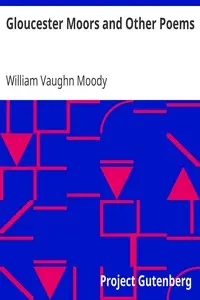
Gloucester Moors and Other Poems
By William Vaughn Moody
Within early 20th century poems, discover beauty, sacrifice, and human connections through reflective verse.
Summary
About the AuthorWilliam Vaughn Moody was an American dramatist and poet. Moody was author of The Great Divide, first presented under the title of The Sabine Woman at the Garrick Theatre in Chicago on April 12, 1906, and then on Broadway at the Princess Theatre, running for 238 performances from October 3, 1906, to March 24, 1907. His poetic dramas are The Masque of Judgment (1900), The Fire Bringer (1904), and The Death of Eve. His best-known poem is "An Ode in Time of Hesitation," on the Spanish-American War; others include "Gloucester Moor," "On a Soldier Fallen in the Philippines," "The Brute," "Harmonics", "Until the Troubling of the Waters," "The Departure," "How the Mead-Slave Was Set Free," "The Daguerreotype," and "The Death of Eve." His poems everywhere bespeak the social conscience of the progressive era (1893–1916) in which he spent his foreshortened life. In style they evoke a mastery of the verse-craft of his time and also the reach and depth derived from his intensive studies of Milton and of Greek tragedy.
William Vaughn Moody was an American dramatist and poet. Moody was author of The Great Divide, first presented under the title of The Sabine Woman at the Garrick Theatre in Chicago on April 12, 1906, and then on Broadway at the Princess Theatre, running for 238 performances from October 3, 1906, to March 24, 1907. His poetic dramas are The Masque of Judgment (1900), The Fire Bringer (1904), and The Death of Eve. His best-known poem is "An Ode in Time of Hesitation," on the Spanish-American War; others include "Gloucester Moor," "On a Soldier Fallen in the Philippines," "The Brute," "Harmonics", "Until the Troubling of the Waters," "The Departure," "How the Mead-Slave Was Set Free," "The Daguerreotype," and "The Death of Eve." His poems everywhere bespeak the social conscience of the progressive era (1893–1916) in which he spent his foreshortened life. In style they evoke a mastery of the verse-craft of his time and also the reach and depth derived from his intensive studies of Milton and of Greek tragedy.

